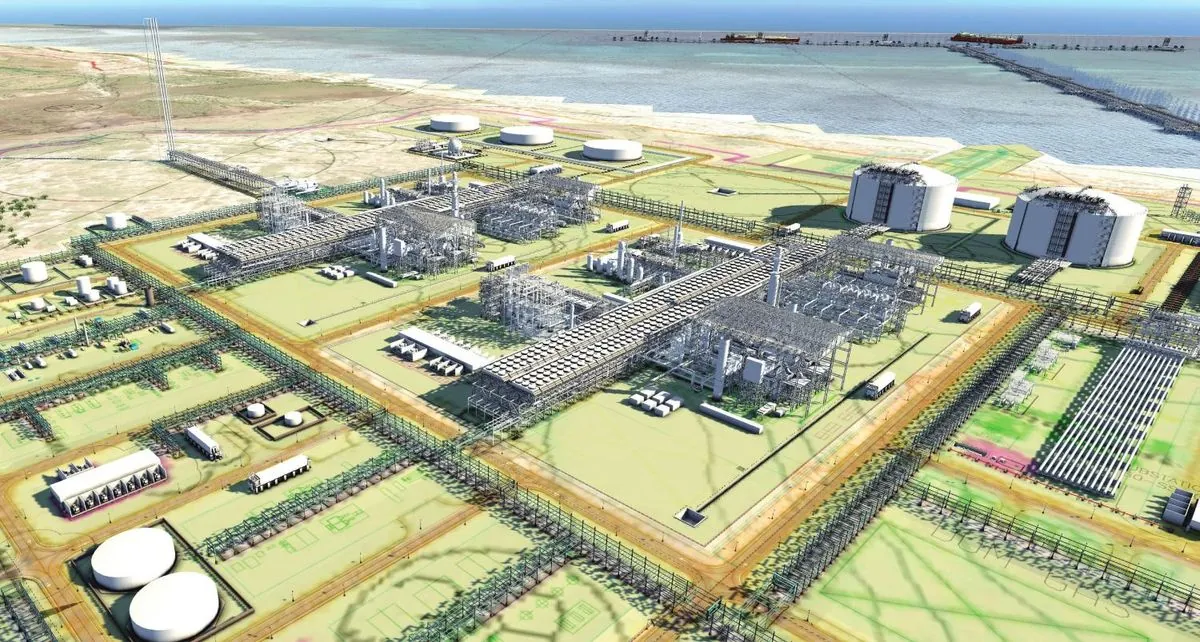The UK government is facing scrutiny over its potential £870 million investment in a controversial liquefied natural gas (LNG) pipeline in Mozambique. This consideration comes amid a backdrop of domestic policies aimed at reducing fossil fuel dependence, raising questions about policy coherence and environmental commitments.
UK Export Finance (UKEF), a government department, is evaluating the substantial taxpayer-funded investment in the TotalEnergies-led project. This decision has sparked debate, particularly as it contrasts with the government's stance on new oil and gas licences in the North Sea.
Claire Coutinho, the shadow energy secretary, criticized the apparent inconsistency, stating, "Labour's energy policy is nonsensical. The Government appear happy to sign off on oil and gas investments abroad, whilst waving goodbye to tax receipts and jobs at home by shutting down the North Sea."
The £11 billion pipeline project in Mozambique, suspended in 2021 due to regional conflict, is now poised for a potential restart. Environmental concerns loom large, with estimates suggesting the project could produce greenhouse gas emissions surpassing the annual output of all 27 EU countries combined over its lifetime.
Mozambique, a country that gained independence from Portugal in 1975, has been grappling with significant challenges. Despite its vast natural gas reserves discovered in 2010, the nation remains one of the poorest globally, with an economy primarily based on agriculture. The country's 2,470 km coastline along the Indian Ocean makes it particularly vulnerable to climate change impacts, including devastating cyclones.
The decision-making process involves UKEF, which reports to Jonathan Reynolds, the Business Secretary. The final decision could potentially escalate to Sir Keir Starmer, underscoring the project's political significance.
Ed Miliband, the Energy Secretary, is set to address the urgency of transitioning to green energy, framing it as a matter of "national security, energy security, and economic fight of our time." This stance, however, has been met with criticism from those concerned about potential job losses in the domestic energy sector.
Environmental groups have voiced strong opposition to the project. Tony Bosworth of Friends of the Earth emphasized, "Real global leadership must mean also stopping funding fossil fuels abroad, starting with the proposed gas mega-project in Mozambique."
Daniel Ribeiro from Friends of the Earth Mozambique warned of the project's global implications, stating, "There is no room for this project or others like it to be developed if we intend to meet climate goals and have a chance of containing the impacts of climate change."
The controversy surrounding this potential investment highlights the complex interplay between economic interests, energy security, and environmental commitments. As Mozambique seeks to leverage its natural resources for development, balancing these factors remains a significant challenge for both the country and international partners.
